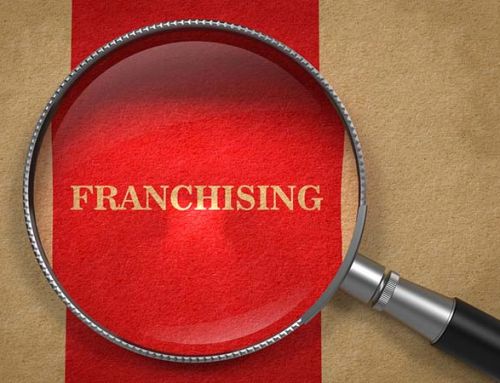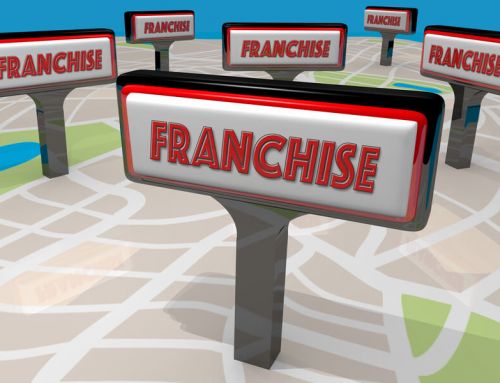IN THIS ARTICLE
Buying a franchise can be an exciting and potentially lucrative business opportunity. However, it’s important to gather the necessary information and understand the key aspects of franchising before making a decision. Here’s what you need to know about buying a franchise:
1. Franchising Basics: Franchising is a business model where a franchisor grants a franchisee the rights to operate a business using its established brand, systems, and processes. The franchisee pays an initial fee and ongoing royalties in exchange for support and access to the franchisor’s resources.
2. Research and Due Diligence: Thorough research is crucial before buying a franchise. Investigate the franchise industry, market trends, and the specific franchise you’re interested in. Review the franchise disclosure document (FDD) provided by the franchisor, which includes important information about the company’s financials, legal obligations, and franchisee expectations.
3. Franchise Costs: Buying a franchise involves various costs. The initial franchise fee is a one-time payment made to the franchisor. Additionally, you’ll need to consider expenses such as equipment, inventory, leasehold improvements, and working capital. Factor in ongoing fees like royalties, advertising contributions, and other charges as specified in the franchise agreement.
4. Franchisee-Franchisor Relationship: Understand the dynamics of the relationship between the franchisee and franchisor. The franchisor typically provides training, ongoing support, marketing assistance, and a proven business model. The franchisee is responsible for operating the business according to the franchisor’s guidelines and maintaining the brand’s standards.
5. Legal Considerations: Consult with an attorney experienced in franchise law to review the franchise agreement and FDD. They can help you understand the terms, obligations, and any potential red flags. Be aware of any restrictions on territory, product/service offerings, or limitations on business operations.
6. Franchise Performance and Validation: Speak with current and former franchisees to gather insights on their experiences. Ask about their profitability, support from the franchisor, challenges faced, and overall satisfaction. This process, known as franchise validation, can provide valuable firsthand information before making a decision.
7. Financing Options: Determine how you’ll fund the franchise purchase and related expenses. Options may include personal savings, loans from financial institutions, or assistance from the franchisor. Prepare a comprehensive business plan that outlines your financial projections and strategies for success to secure financing.
8. Business Plan and Marketing Strategy: Develop a detailed business plan outlining your goals, target market, competition analysis, and operational strategies. Consider how you’ll attract and retain customers through effective marketing and advertising efforts. Leverage the franchisor’s support and resources in these areas.
9. Exit Strategy: While it’s important to plan for success, it’s equally crucial to have an exit strategy in case things don’t go as planned. Consider the terms of the franchise agreement regarding selling or transferring the franchise, and how you can maximize the value of your investment in the long run.
10. Personal Fit and Passion: Evaluate your skills, experience, and personal interests to ensure they align with the franchise you’re considering. Passion for the industry or product can contribute to your motivation and success as a franchisee.
Remember, buying a franchise is a significant investment, and it’s essential to approach it with careful consideration and thorough research. Seek advice from professionals, consult with existing franchisees, and make an informed decision that aligns with your goals and aspirations.
- Garage Floor Raising and Coating: The Ultimate Guide - June 4, 2024
- Mudjacking Cost: 5 Factors That Affect It - April 10, 2024
- What is The Average Cost of Concrete Leveling in Belle Mead, NJ? - April 4, 2024






